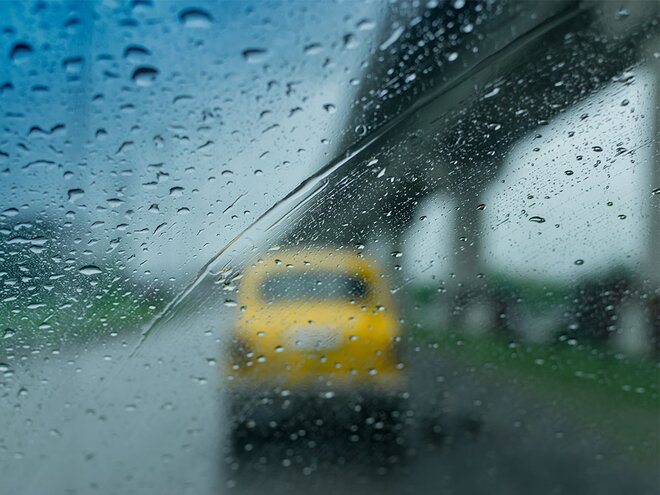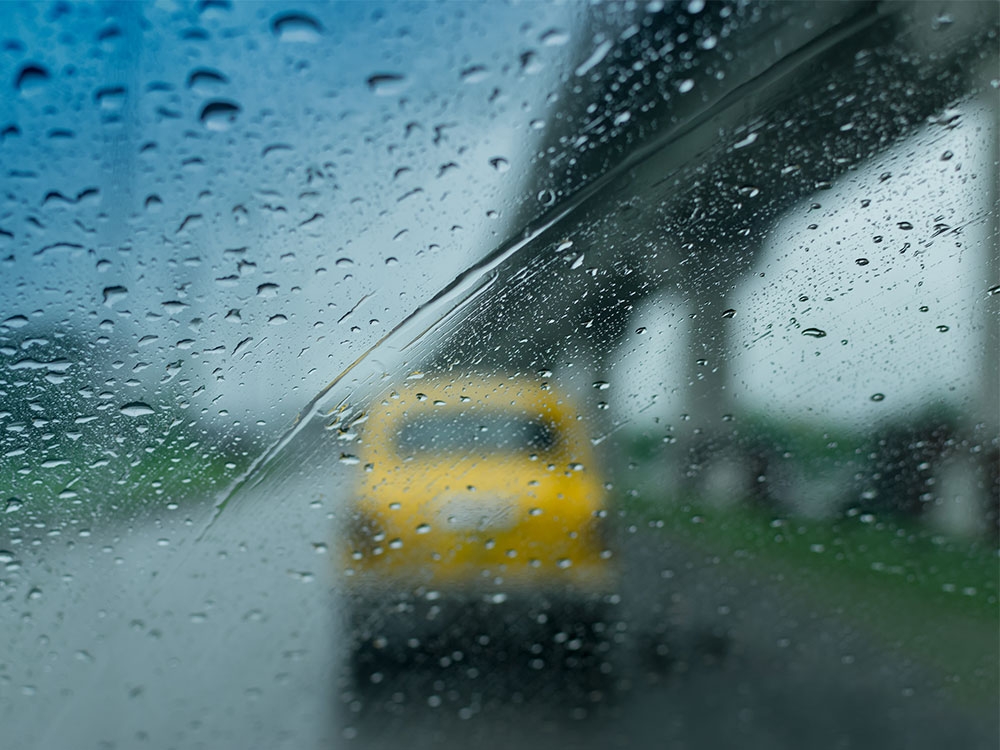
Imagine this situation: it's raining cats and dogs and you need to get to a friend's birthday party on time. The friend has already called twice to check if you have left from your home. But you haven't simply because it's raining heavily and there is no transport available. You can't see any auto-rickshaws lined up from your balcony. No buses have crossed for a while. You have tried telling your friend that it's pouring, but he is in no mood to listen to you. He has offered to drive down and pick you up for the party. Of course, you want your friend to enjoy the party and not spend time in a car trying to ferry you to the party. Given this, you have told him that you will somehow manage to get to his place.
At that point of time you decide to book a cab through a mobile-phone app. The app has been there on your phone for a while, but you seem to favour the local autos and taxis because that is your way of keeping their employment going. As you get ready to book a cab, you are surprised to see that the price of the ride which is offered upfront is three times the normal fair.
Not surprisingly, you feel cheated. You want to tell someone that this is why you don't use these taxi services because their fares keep changing. But there is no one around to listen to you and you must get to the party. So, you book the cab and move on. You feel the cab company is taking advantage of the fact that it is raining and ripping you off.
But is it? The cab company had offered an explanation in the past for higher prices during rains. It feels that this is basic economics. Since it's been raining through the day, the demand for cabs is more than the supply. Hence, taxi drivers have already made in six hours what they had expected to earn in ten hours. This has prompted them to end the day early and not drive in the lousy weather. Given this, there aren't enough cabs going around.
But there are enough people who want to go out even during the heavy rains. Hence, the demand for cabs is greater than the supply. In this scenario, the price of travelling is bound to be higher. Also, the cab company feels that by offering a higher price, it can motivate more drivers to drive and in the process, the supply of cabs will increase and the high price will come down as supply starts to meet the demand.
This is the basic competitive-market model that is taught to students studying economics for the first time. At the same time, the act of raising prices to a level which is considered unfair and exploitive is referred to as price gouging.
So, is the situation wherein a cab company wants three times the normal fare when it's raining cats and dogs an impact of the basic competitive-market model of economics working well or is it an act of price gouging? Or does it even matter?
While making a distinction is a difficult task, the issue clearly matters. As James Kwak writes in Economism: Bad Economics and the Rise of Inequality, "There is a reasonable argument in favour of price gouging because supply is rarely perfectly fixed. When a natural disaster strikes, it may be possible to bring in additional supplies of water, flashlights, batteries and other necessities but only at a high cost; store owners will only make the effort if they are allowed to raise prices. Alternatively, if they have the opportunity to earn high profits during an emergency, they may keep larger inventories on hand, which would be good when the disaster does occur.
This is similar to the logic offered by app-based cab companies which charge higher fares than usual, when the demand for their cabs is greater than the supply. Despite sound economics behind it, price gouging doesn't sound to be right, especially when it happens to us.
Daniel Kahneman, Jack Knetsch and Richard Thaler carried out an experiment in which they asked randomly selected people if it was fair for a hardware store to increase prices of snow shovels from $15 to $20 in the aftermath of a snowstorm. 82 per cent of the people thought it was unfair for the hardware store to do so. At the same time, the answer was different from people who had studied economics. As Kwak writes, "But that's not what people think after studying economics. When Thaler asked his students at the University of Chicago's business school, 76 per cent thought it was fine for stores to boost prices after storms."
Hence, people who have studied economics clearly think differently from the normal people. The bigger question though is why normal people think the way they do. It seems, what is a competitive-market model for people who have studied economics is basically price gouging for normal people. Why is this the case? As Kwak writes, "What the controversy over price gouging really illustrates is the fundamental tension between efficiency and fairness.... The resulting outcomes, however, may not seem fair according to ordinary people's intuitions. As Paul Samuelson wrote in his influential textbook, John D. Rockefeller's dog may receive the milk that a poor child needs to avoid rickets. Why? Because supply and demand are working badly? No. Because they are doing what they are designed to do, putting goods in the hands of those who can pay the most." And this is where the problem lies.
The competitive-market model of economics is not bothered about inequality, and hence at times it is difficult to differentiate it from price gouging. Indeed, this is something worth thinking about.

